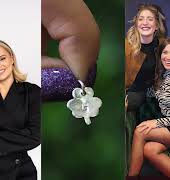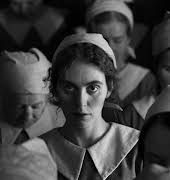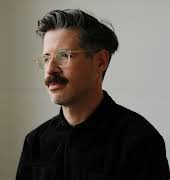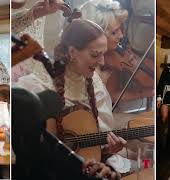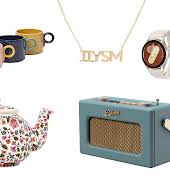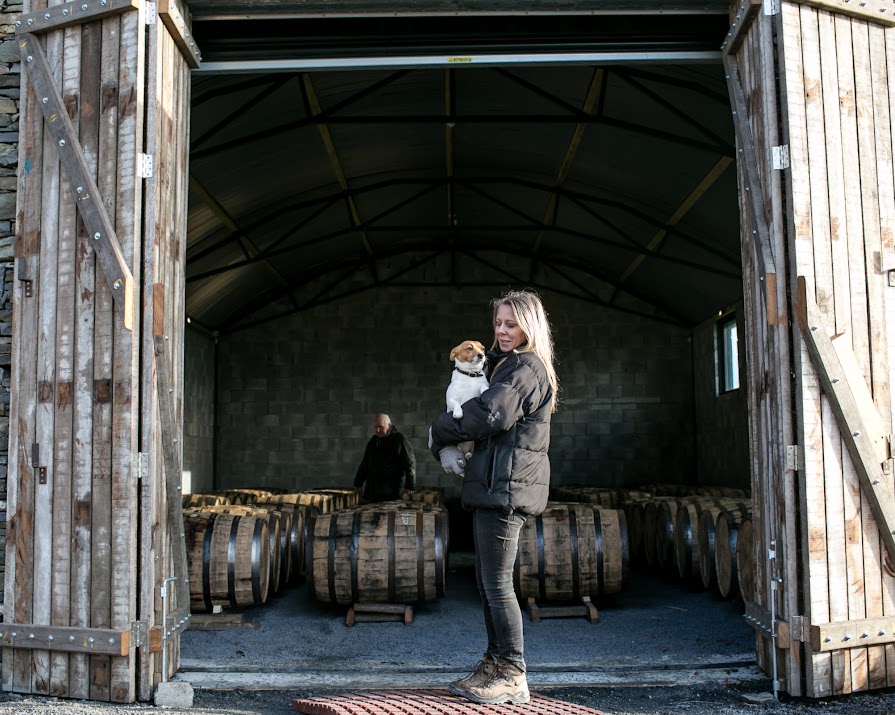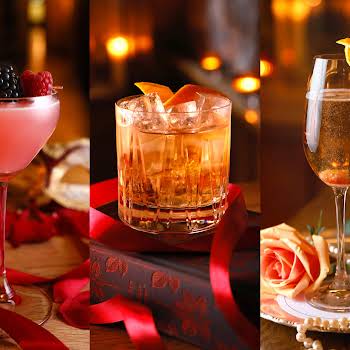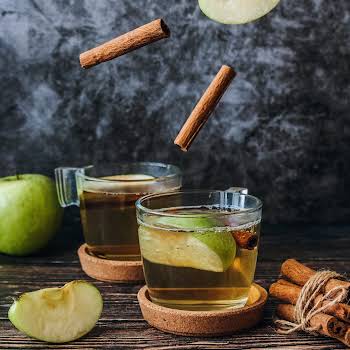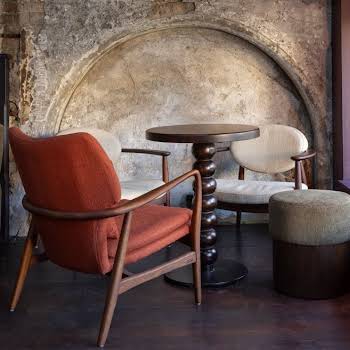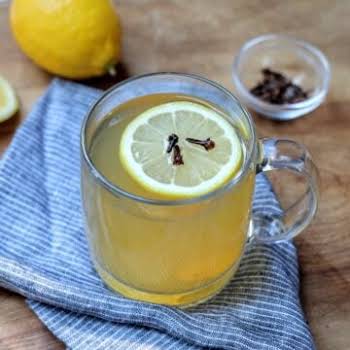World Whiskey Day: Meet the Irish whiskey makers mastering the lost art of bonding
By Aoife Carrigy
16th May 2020
16th May 2020
Aoife Carrigy reports on several players in the Irish whiskey renaissance who are forging their own niche in a booming sector.
Unless you’ve had your head in a barrel you’ll know that there is an Irish whiskey renaissance well under way. A decade ago, there were just four distilleries producing Irish whiskey on the island. Today there are over 30 distilleries operating across all four provinces, with many more in the pipeline.
Intriguingly, however, the bricks and mortar distilleries don’t tell the full story. As one canny player in the Irish whiskey revival put it: “Owning a distillery is not a prerequisite for making a great whiskey.”
So said Lorcan Rossi, CEO of the Dublin Whiskey Distillery Company, which is resurrecting the once-iconic D.W.D. brand. Though named after an historic distillery, the company is in no hurry to build its own. As Rossi explains, “we feel it is wise to wait and consider the Irish distilling landscape as it evolves over the next few years before finalising our plans to build our own distillery…” For now, they have secured long-term access to aged Irish whiskey stocks and are pitching themselves as “a new independent Irish whiskey blender and bottler”.
Louise McGuane of J.J. Corry Irish Whiskey and Chapel Gate Irish Whiskey Company (pictured above) is going one step further. “I’m never going to have a distillery,” she claims proudly. Instead, Louise is on a mission to bring back the lost art of Irish whiskey bonding.
During the 19th-century “golden age” of Irish whiskey, distilleries – of which there were hundreds – would sell directly to whiskey bonders who would source, barrel age, blend, bottle and sell the whiskey under their own independent brands. The resulting regional variation, Louise argues, was lost when the industry consolidated under a few main brands.
Many bonders were small- scale grocers or publicans, like a certain JJ Corry who was born near the McGuane family farm in west Clare and went on to operate a whiskey bonders in nearby Kilrush from the 1890s. Inspired by JJ’s story and the rich heritage of this once- widespread business model, Louise abandoned her original plans – “to have a grain-to-glass operation with a distillery on the farm” – and established herself as a modern-day whiskey bonder.
In one sense, what D.W.D and Chapel Gate are doing is common practice today. Given the ageing requirements for Irish whiskey – at least three years and a day, legally – most new distilleries trade whiskey that they have acquired, blended and bottled long before they have any of their own to release. The difference lies in making a virtue of the practice and building your business model around it.
“My core goal,” Louise says, “is to have a library of whiskey from all over Ireland and to blend that to create our own unique house style.” Key to that style is the maturation process. This takes place in Chapel Gate’s bonded rack house, which has been purpose-built on the family farm to make best use of west Clare’s briny air and mercurial weather. Those wild fluctuations of atmospheric pressure, temperature and humidity are ideal conditions for barrel ageing, as are the south-facing aspect and the gravel-strewn earthen floor.
Louise buys casks directly from hand-picked bourbon distilleries, sherry bodegas or Bordeaux wineries. Once filled with the finest whiskey she can source – such as the mature ex-Cooley stock in her first JJ Corry release – casks are stored “on the bilge” (horizontally), a once- traditional if costly practice that Louise is punting will give richer results.
With so much emphasis on ageing, the expert maintenance of those all-important barrels is crucial and is carried out by one of Ireland’s last master coopers. John Neilly was brought out of retirement by the far-sighted folk at Nephin Distillery to train two brothers as the first of a new generation of coopers who will provide essential services for independent distilleries.
While the heavyweights can justify training and appointing an in-house cooper (in 2019, Irish Distillers appointed Killian O’Mahony as their first new cooper in 40 years, after completing his apprenticeship under Master Cooper Ger Buckley), Louise has called on the Irish Whiskey Association to develop a cooper apprenticeship programme to support those distilleries who are too small for a full-time cooper. “We need coopers who can travel around and do ad hoc repairs. They’re absolutely vital.”
The shake-up being provided by the new independent whiskey makers is creating unforeseen opportunities. “We’re the ones that are going to guide innovation,” Louise says brightly. “We’re going to open up the category and make it a lot more vibrant and exciting.” chapelgatewhiskey.com
Originally published in Image Interiors & Living March/April 2018, and updated May 11, 2020
Read more: Time for a springtime cocktail: Wild Violet Sour
Read more: VIDEO: Turn your kitchen into a cocktail bar with this easy recipe
Read more: Surviving the elements at an Irish music festival


